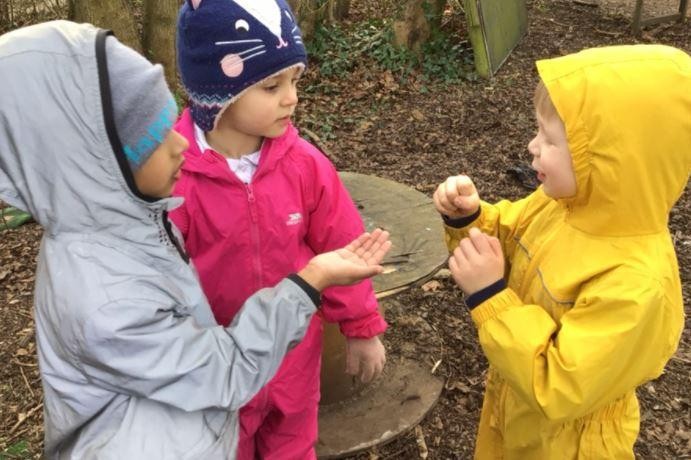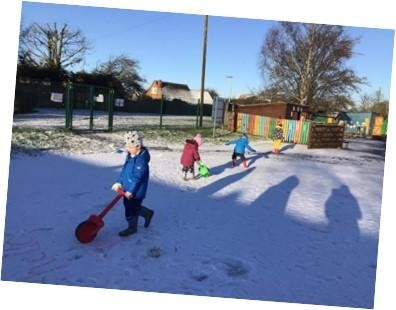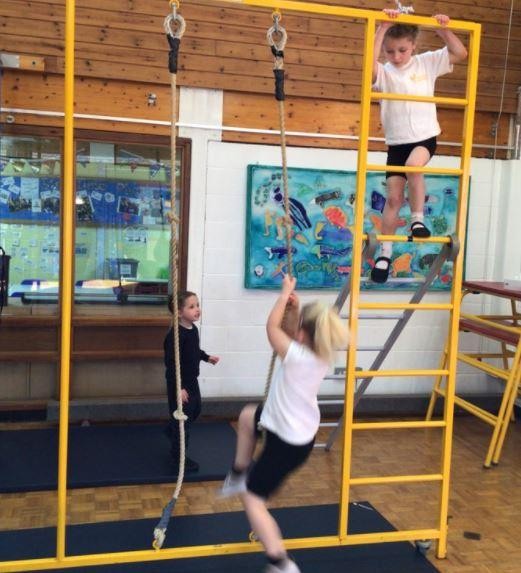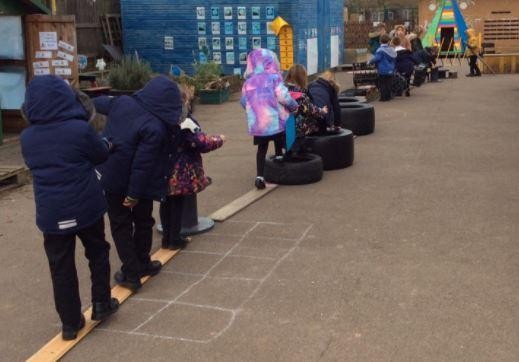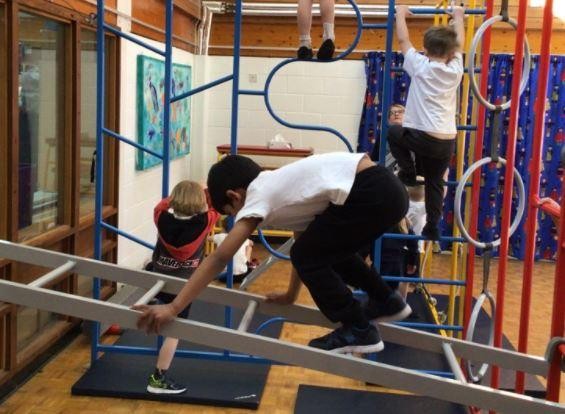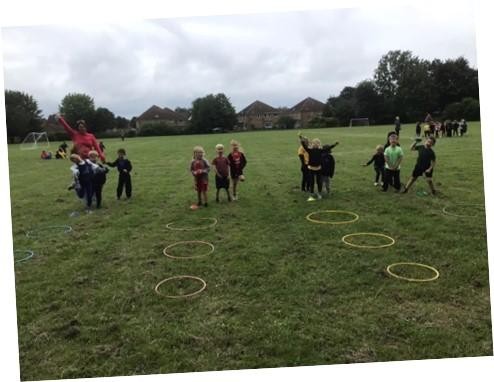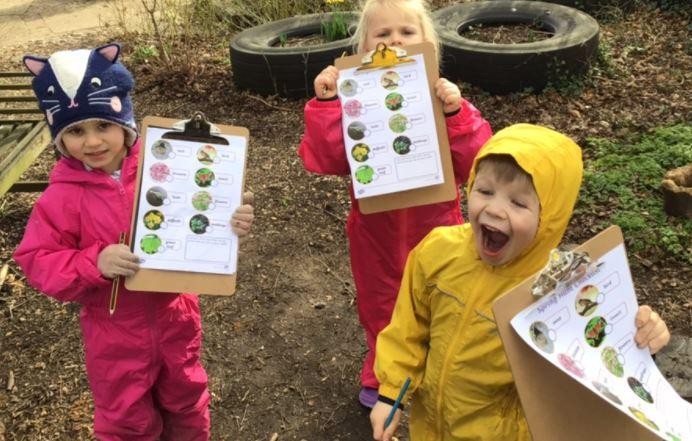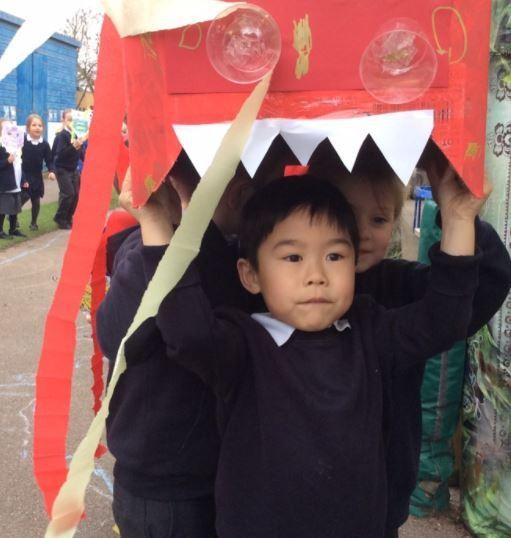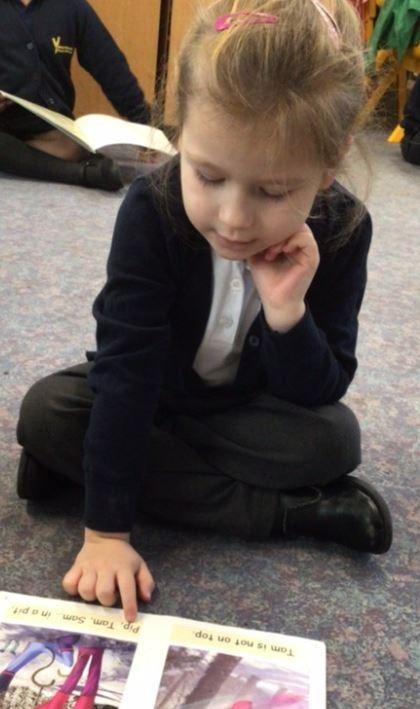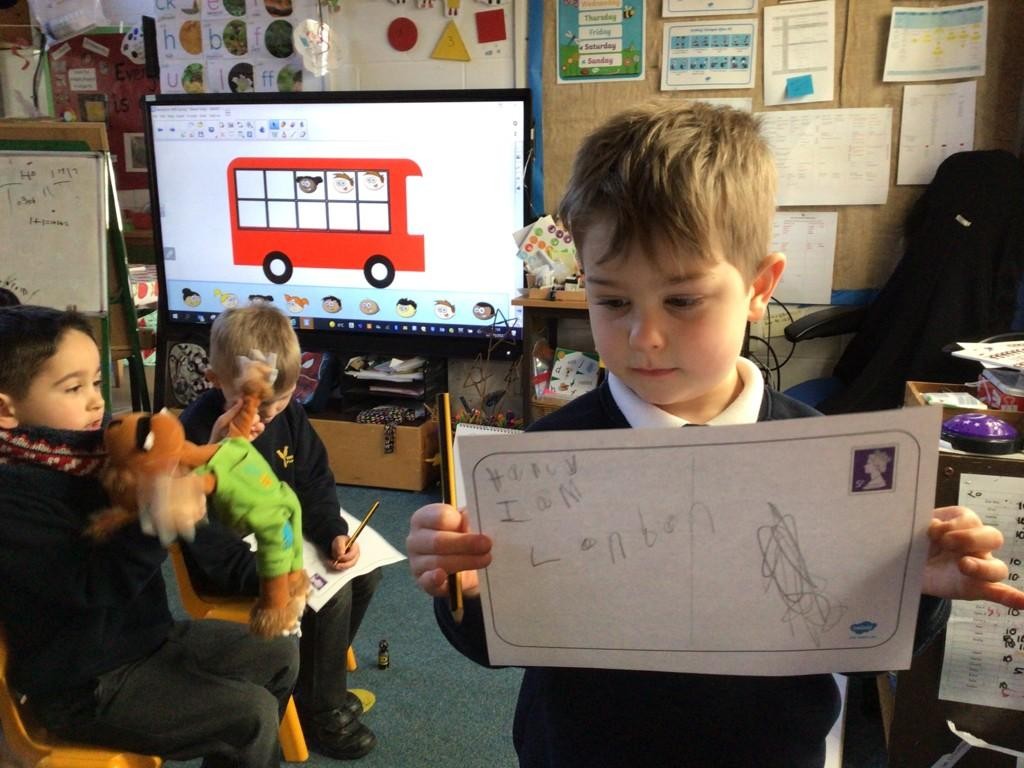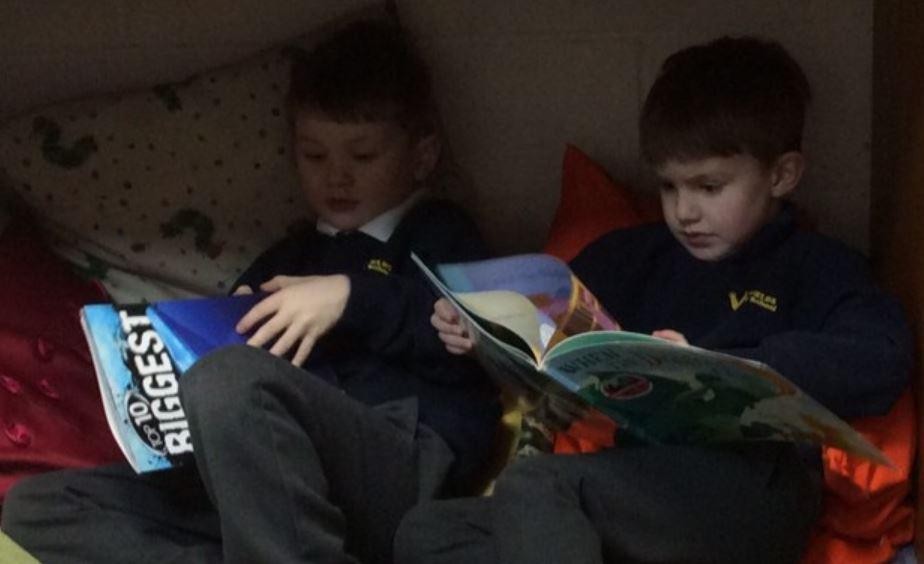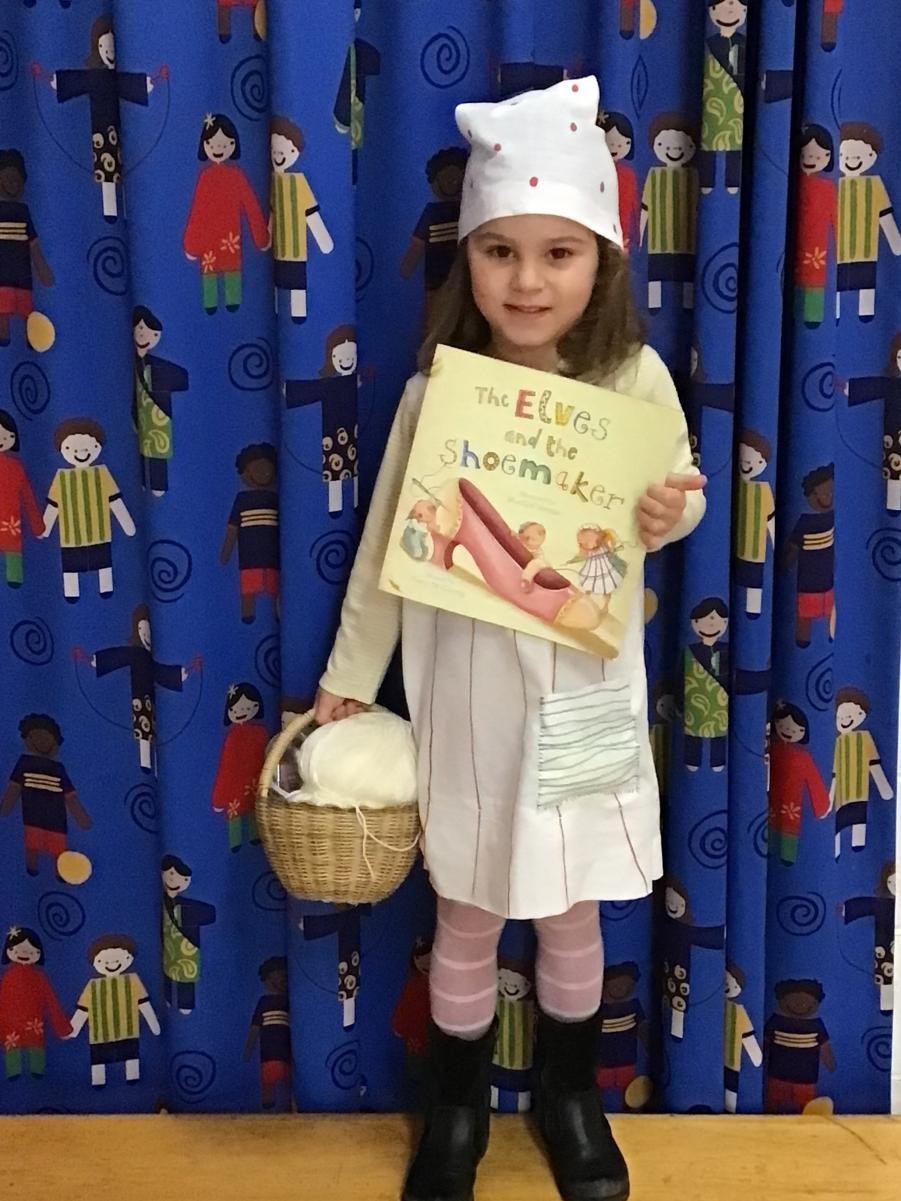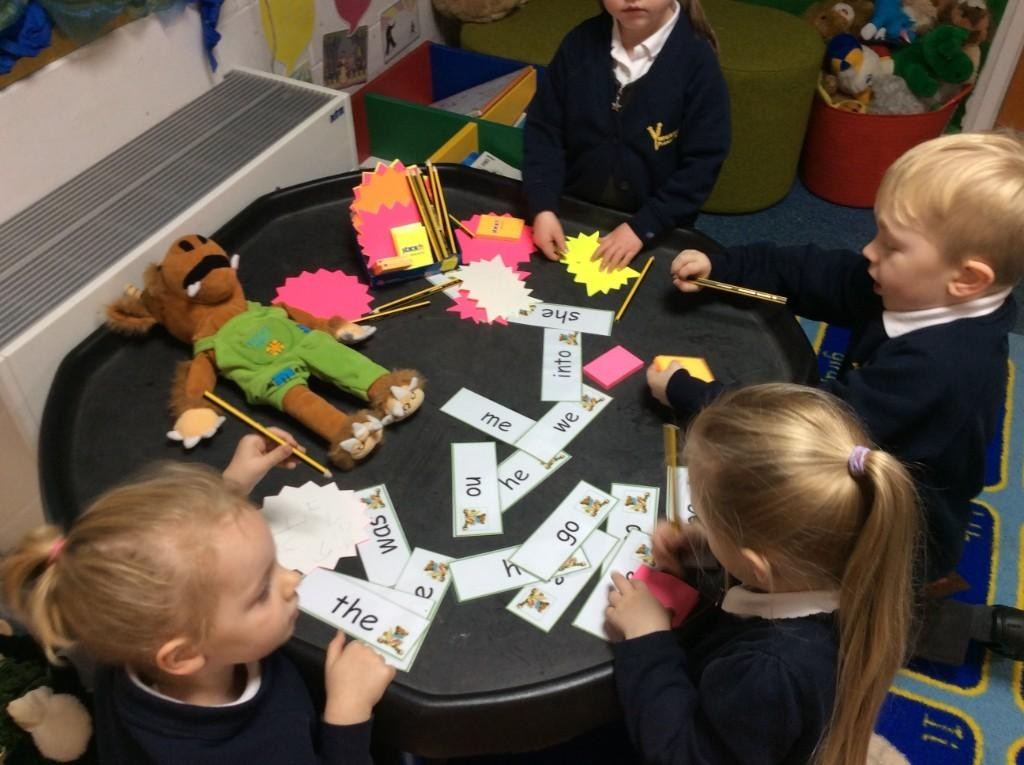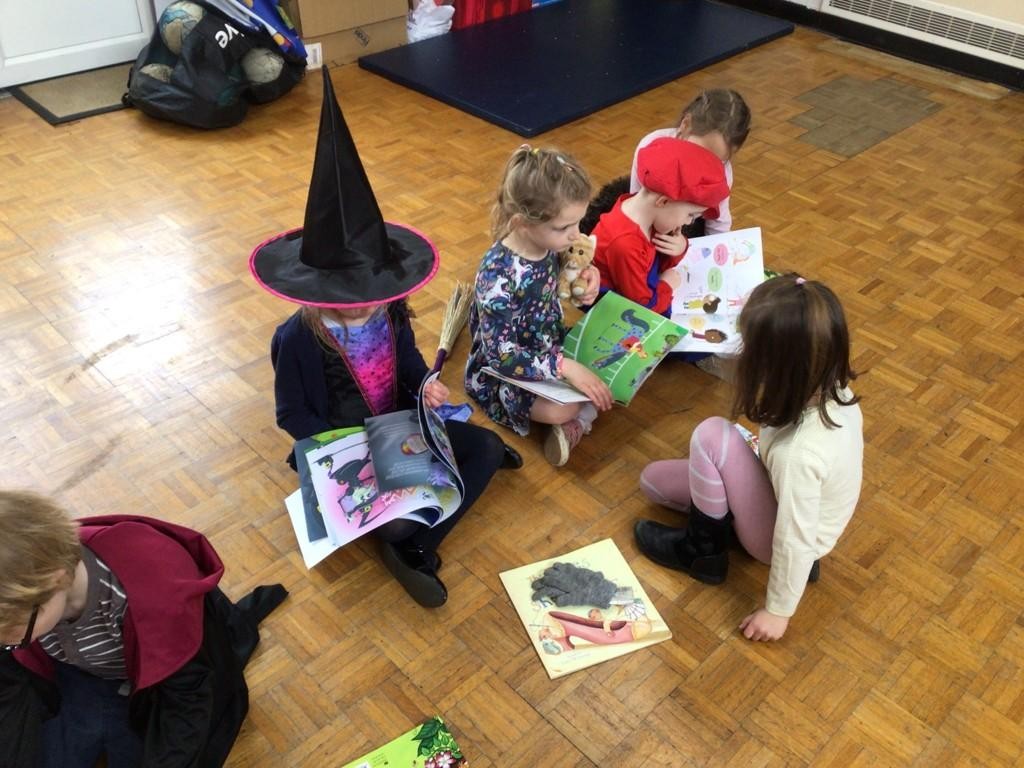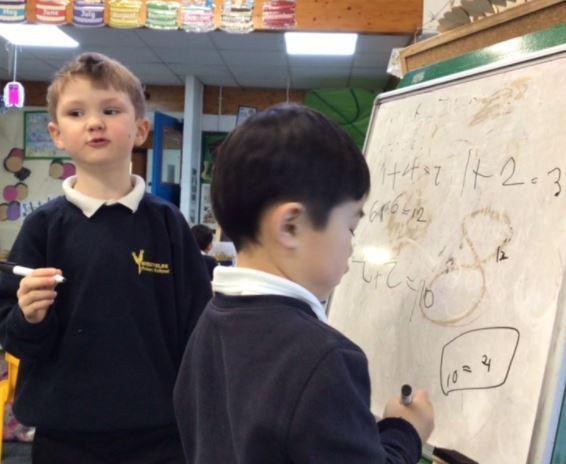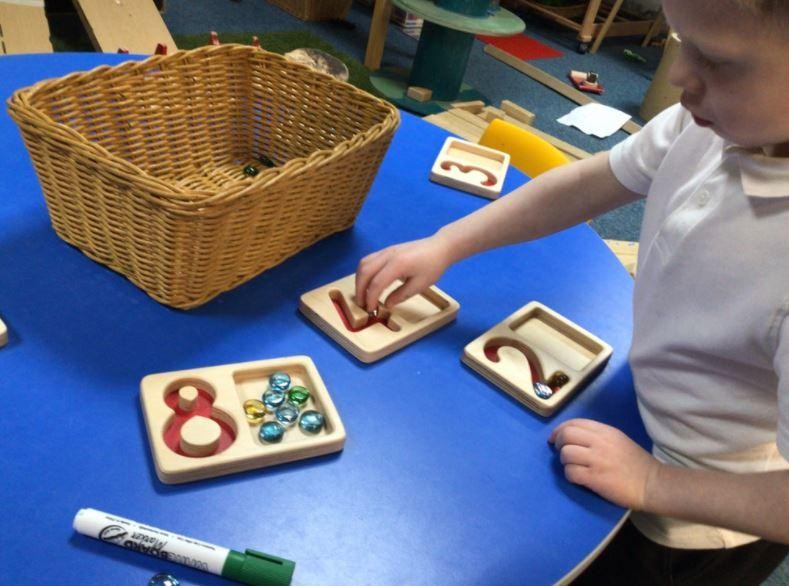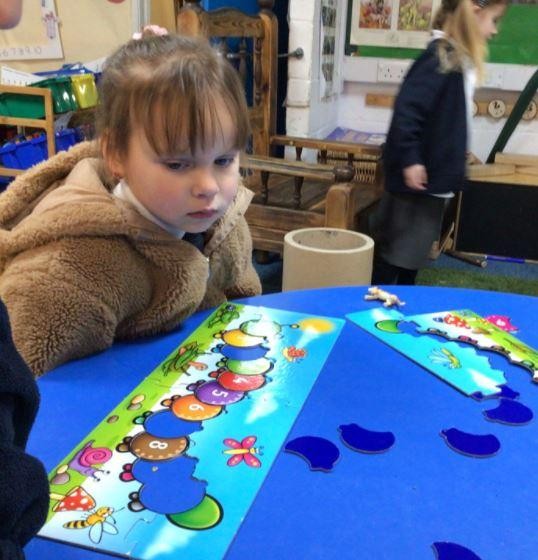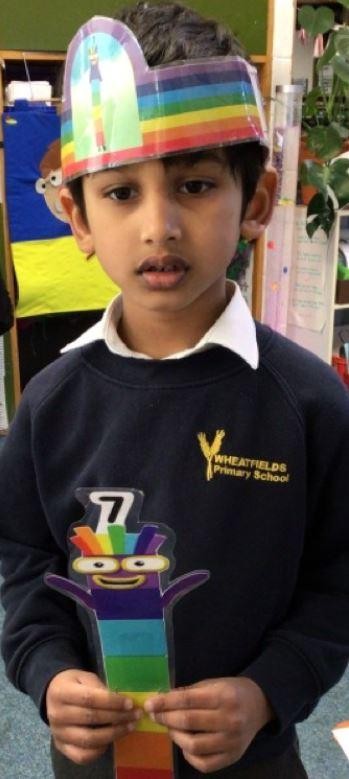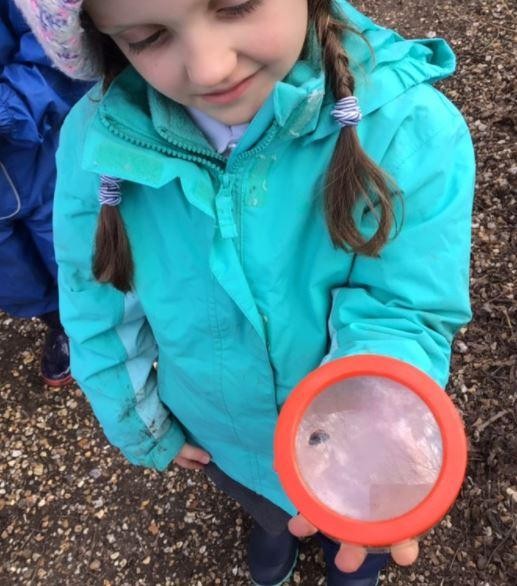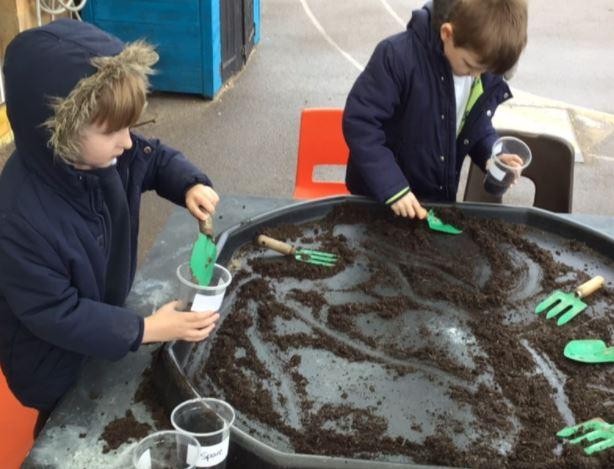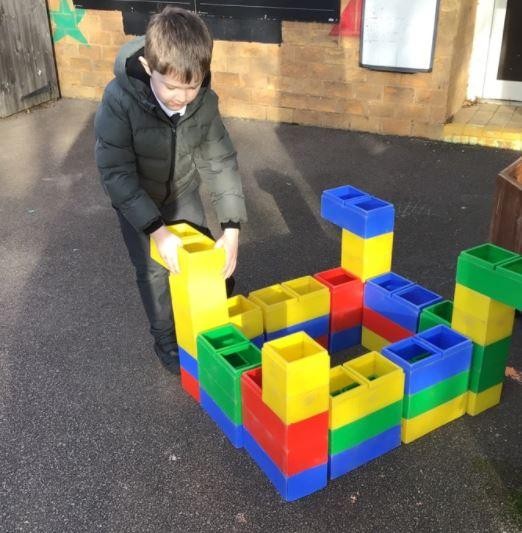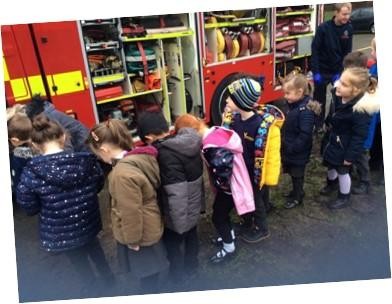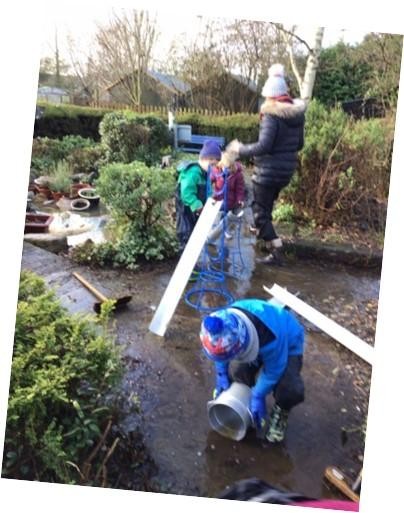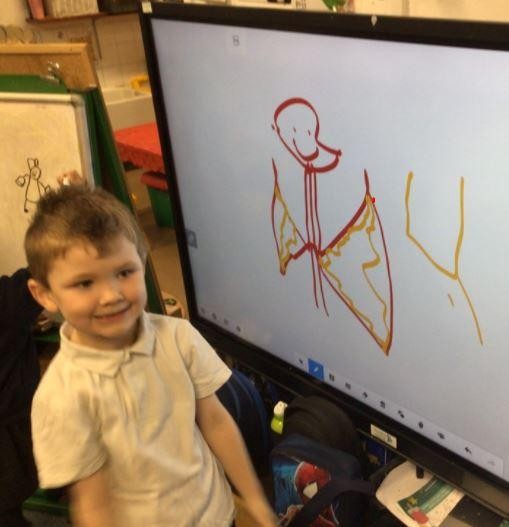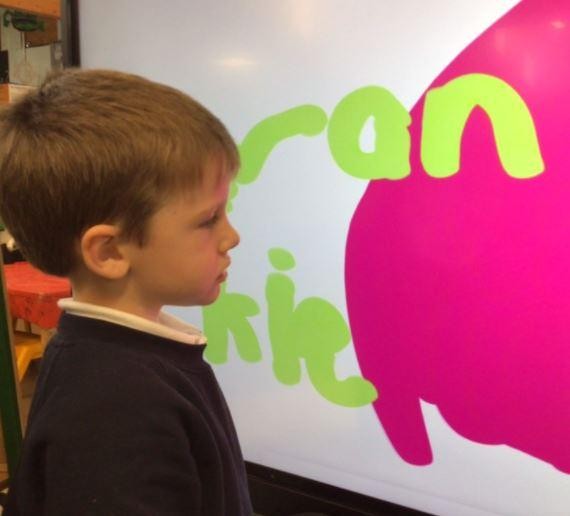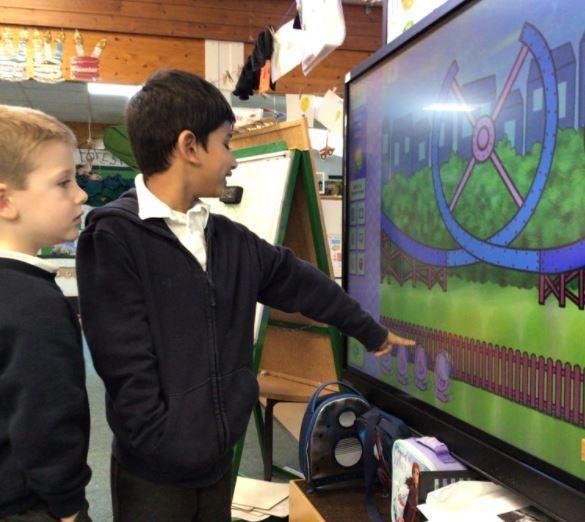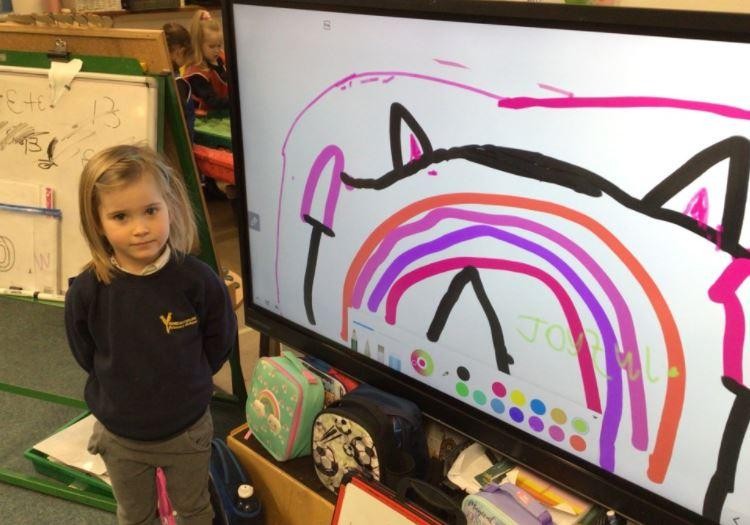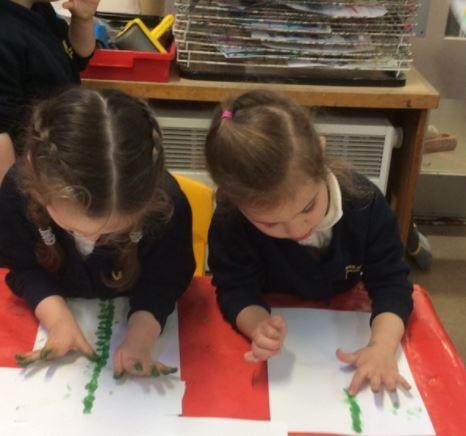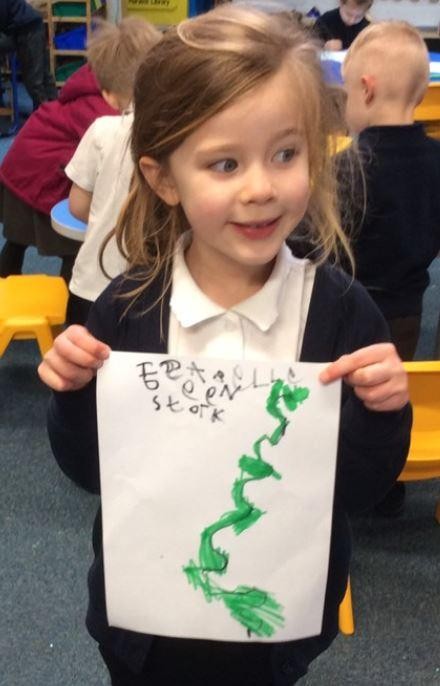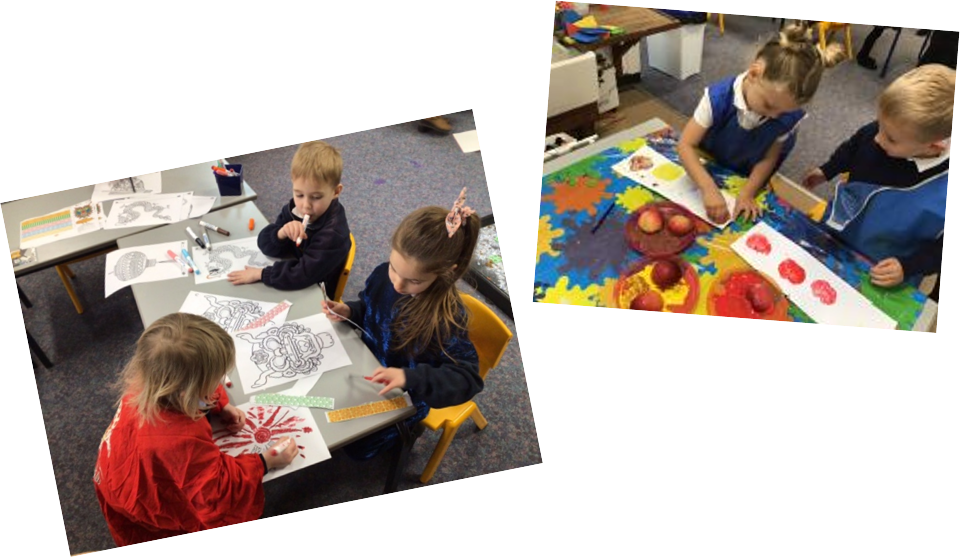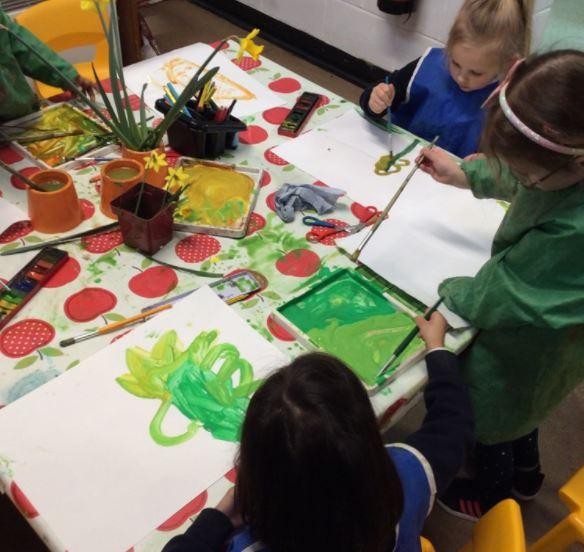Personal, Social and Emotional Development:
It is crucially important for children, especially in the early years, to develop their PSED skills through opportunities to problem solve, share, take turns and co-operate with others. They are encouraged to be independent and make choices for themselves and identify with their different emotions and how each one makes them feel. They are also encouraged to be sensitive to the needs of others, to respect other cultures and beliefs and develop empathy and understanding. Children are given opportunities to become confident and develop a positive self-image, sharing with others things that make them special alongside sharing things that make others special to them.
Physical Development:
Children are given opportunities to move to music, use equipment to support their ability to climb and jump with confidence, learn key skills such as forward rolls and practice their fine and gross motor skills. This includes using fine motor resources such as pencils, crayons, paintbrushes etc. to mark make. They develop an increasing understanding of how their body works and ways in which they can be healthy. This is done across both indoor and outdoor environments and by working with a wide range of resources.
Communication and Language:
This covers all aspects of language development and provides the foundation for literacy skills. Children develop their ability to speak in full sentences and develop listening skills which is a focus from their very first weeks of school. We aim to extend and enrich the children’s vocabulary through story time, rhymes, role-play, storytelling and group discussions. Children are encouraged to share their own experiences through speaking and acting out events in imaginative play and talking about their own ideas. They are encouraged to take part in class activities such as storytelling with puppets, participate in music sessions, saying rhymes, singing songs, re-telling familiar tales and books together as well as then applying this new confidence in using language to communicate within their own directed play.
Literacy and Phonics:
We have a variety of resources for the children to use to help them develop early literacy skills. Children are encouraged to use the mark-making areas indoors and outdoors independently but they also take part in teacher-led activities. These activities include phonics sessions, small group guided writing, one to one reading, handwriting sessions, sequencing and re-telling stories. The pre-writing work encourages correct pencil control, left/right orientation, pre-formation mark making and letter formation. Children have the opportunity to develop their writing skills in accordance with their age, ability and competence. Children take home a phonics book every Friday for the week ahead, which is directly linked to the phonemes previously taught. They can also take home a ‘Sharing Book’ from the class library whenever they like, which parents are encouraged to read to their child for fun! We encourage children to treat books and other resources with respect and they are given many opportunities to listen to stories told by the staff.
Phonics is an important part of teaching the skills of early reading and writing. At Wheatfields we have adopted the Essential Letters and Sounds phonics programme (ELS). Phonics is a whole class approach to learning to read. It has a systematic approach ensuring high levels of engagement right from the start.
As the children develop an awareness of the sounds, they can begin developing the skills to confidently segment and blend. Segmenting involves breaking words down into individual sounds or syllables and blending is the skill of pulling together individual sounds or syllables within words to read them as a whole e.g. g-oa-t goat. Once the children are able to apply the sounds they have learning to segmenting and blending they will begin reading their own texts and recording their ideas by writing words independently.
During most phonics sessions, the children review previous sounds, practise blending using robot arms, learn a new sound, practise writing this sound and look for specific words and sounds within short sentences. The children will then independently set out to challenge their own phonics knowledge alongside peers within the environment through activities such as sound hunts, recording treasure maps, creating lists of words using their taught sound, paintings, creating models of things beginning with their sound, mark making formation of the sound, playing interactive games focussed on spelling and segmenting, storytelling and reading books. The adults are then able to enhance play, support those struggling with pronunciation and develop challenge to support progress within the free flow.
Mathematics:
We aim for children to achieve mathematical understanding and a firm foundation for numeracy through practical activities and using and understanding language in the development of simple mathematical ideas. Pre-number work is covered through nursery rhymes, number activities, subitising and links to first-hand experiences.
The first few years of a child’s life are especially important for mathematics development. In Early Years, we aim to ensure that all children develop firm mathematical foundations in a way that is engaging, and appropriate for their age through our links with the National Centre for Excellence in the Teaching of Maths (NCETM). There are six key areas of early mathematics learning, which collectively provide a platform for everything children will encounter as they progress through their maths learning at primary school and beyond. These are:
- Cardinality and Counting
- Comparison
- Composition
- Pattern
- Shape and Space
- Measures
Understanding the World:
Understanding of the World is about how children get to know about other people and cultures, the place where they live and about all aspects of the environment. All children are given opportunities at Wheatfields to solve problems, investigate, make decisions and experiment. They begin to learn about living things, their local environment, the world around them and the people who are important in their lives.
Technology has become a commonplace for many families and children alongside our communities and the way in which most of us work day to day. Recognising the role of technology at home or in school is important because this helps children to identify the different types of technology and what they are useful for.
Expressive Arts and Design:
We provide opportunities for all children to explore and share their thoughts, ideas and feelings through a variety of art, design, technology, music, drama, movement, dance and imaginative play activities. Children are given opportunities to make paintings, drawings, collages, models, tell stories and use basic musical instruments. Children also learn new songs and rhymes and enjoy singing them with each other.
Colour recognition is taught alongside mixing paints, sorting, matching, creating texture, exploring rhythm and in learning how to use different tools to apply a variety of techniques to manipulate materials. At Wheatfields we aim to help children become creative through encouraging attitudes of curiosity and questioning as well as teaching skills or techniques. Children notice everything and closely observe the most ordinary things that adults often take for granted. As staff we build upon the children’s interests to encourage them in creating amazing inventions or making marks on paper that represent for them an experience or something they have seen. Encouraging children to choose and use materials and resources in an open-ended way helps them to make choices and to have confidence in their own ideas.
British Values
The children in EYFS talk about British Values during circle times, during our PSE focussed sessions and also in the environment. Regular opportunities are provided for voting on ideas to recognise democracy. Daily discussion following on from independent learning, regularly addresses mutual respect and individual liberty. The characteristics of effective learning form the basis for these discussions.
Cultural Capital
We aim to provide a rich and stimulating curriculum that excites and engages the children. The children have a wide range of opportunities during their year in reception. They listen to a wide range of high quality texts, they do weekly Forest School, they can take home Ashley Bear and Beasley Bear (our class mascots) if they wish. They find out about and celebrate a range of festivals including Diwali, Christmas, Chinese New Year and Easter. They are able to observe and care for tadpoles as they develop into froglets, observing the frogspawn as they develop into tadpoles. They take part in Sports Day and perform a Christmas play. They explore the town, visiting the local library. The children develop a love of and confidence in reading and writing and become confident mathematicians.

